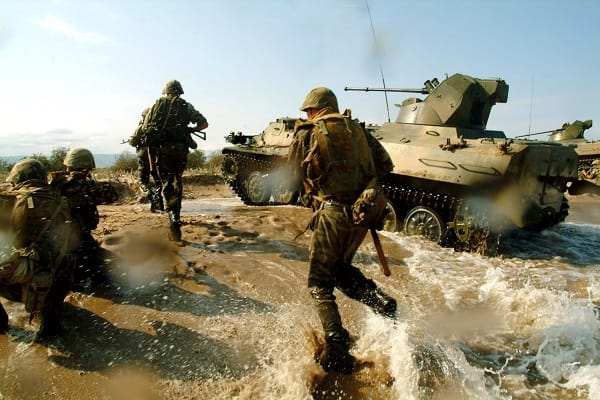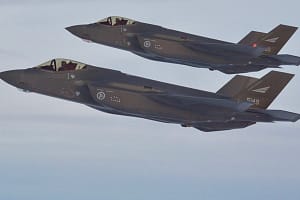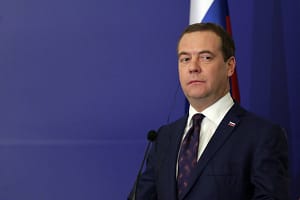According to a report by analysts at the Institute for the Study of War (ISW) the Russian authorities could annex the occupied areas in Ukraine and then forcibly conscript Ukrainian citizens to fight against their own people.
The ISW said that that one motivation for Vladimir Putin to order mobilisation and annexation in concert with one another is to broaden the forced mobilisation of Ukrainian civilians to fight the Kremlin’s war.
However those civilians do not meet the legal criteria for Putin’s current partial mobilisation order, almost none of them in the mobilisable age categories are likely to have any experience in the Russian military.
As “Russian” citizens under Russian law, however, all Ukrainian men between 18 and 27 years old in annexed territories will become legally eligible for conscription and the Russian authorities will force them to fight or they will be killed.
Read more on Russia-Ukraine war:
Putin could declare martial law, to shut the borders amid the exodus of Russians fleeing the first mass mobilisation since WWII
Ukrainian President Zelensky gives a chilling warning ‘I don’t think he’s bluffing’ amid Putin’s ‘nuclear blackmail’ to the West
Putin flees to ‘secret palace’ as Russia is rocked by unprecedented protests with thousands defying mobilisation orders
Russia ‘are two steps away from something big’ as protestors defy orders to mobilise and Putin is warned ‘this is the final collapse’
The ISW analysts said, “The Kremlin will likely order the Russian Ministry of Defense to include Ukrainian civilians in occupied and newly annexed Ukrainian territory in the Russian conscription cycle, broadening the forced mobilization of Ukrainian civilians to fight against Ukraine.”
They added, “The Kremlin is deflecting blame for the Russian government’s failure to abide by its own stated criteria for mobilisation and exemptions onto the failing bureaucratic institutions responsible for the mobilisation.
“The Kremlin is downplaying the widespread violations of the mobilisation law as individual errors of local authorities, claiming to correct these errors as citizens call attention to them.
“The violations are clearly too common to be merely the result of individual errors, however, and Russian citizens can see them all too clearly.
“Unlike Russian failures in Ukraine, which the Kremlin has been able to minimize or deflect because its citizens cannot see them directly, violations of the mobilisation decree are evident to many Russians.”
The British defence ministry released their daily update of the situation on the ground in Ukraine.
It says Vladimir Putin is expected to address both houses of the Russian parliament on 30 September.
The British Ministry of Defence (MoD) said, “The referendums currently under way within those territories are scheduled to conclude on 27 September.
“Russia’s leaders almost certainly hope that any accession announcement will be seen as a vindication of the ‘special military operation’ and will consolidate patriotic support for the conflict.
“This aspiration will likely be undermined by the increasing domestic awareness of Russia’s recent battlefield set-backs and significant unease about the partial mobilisation announced last week.”






Leave a Comment